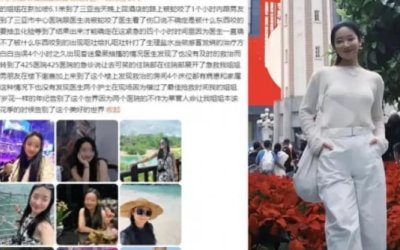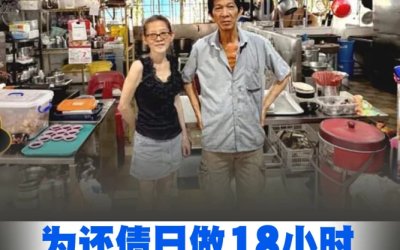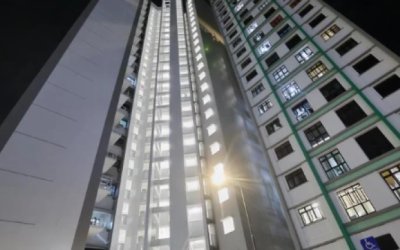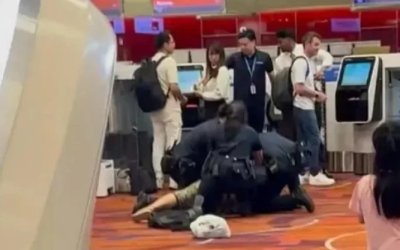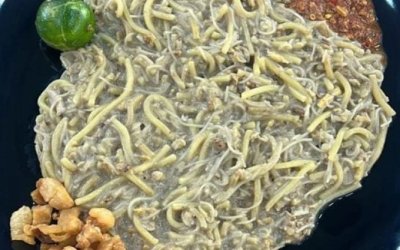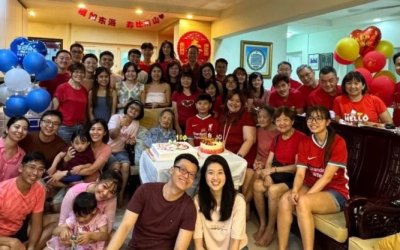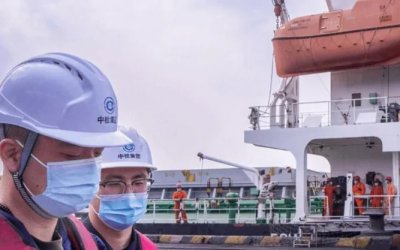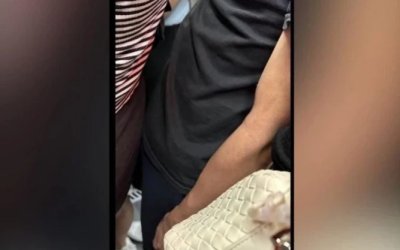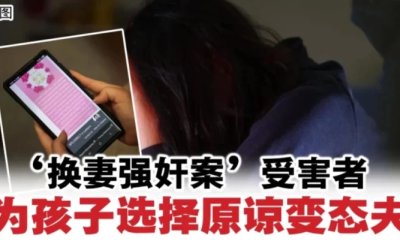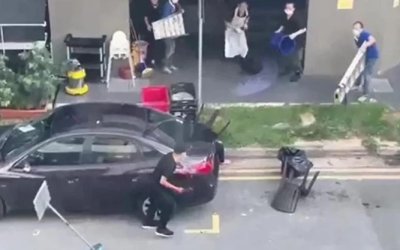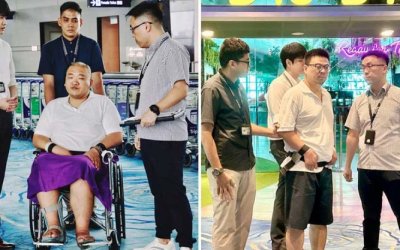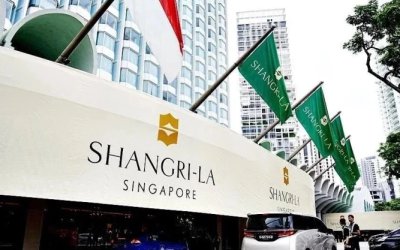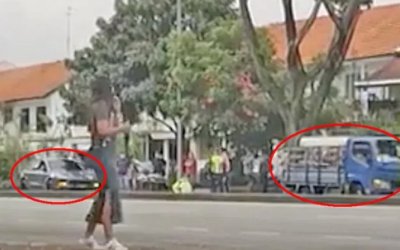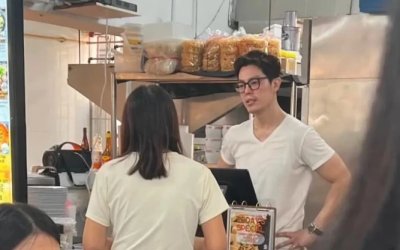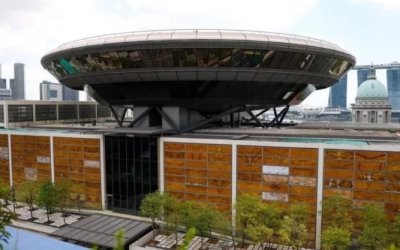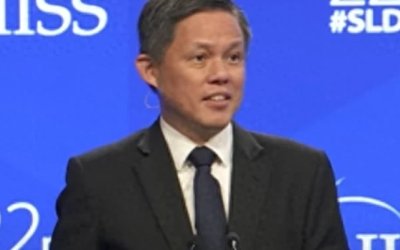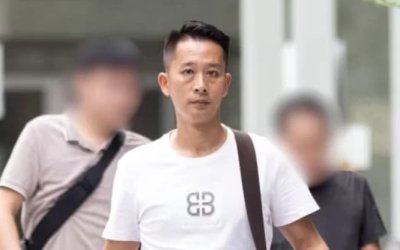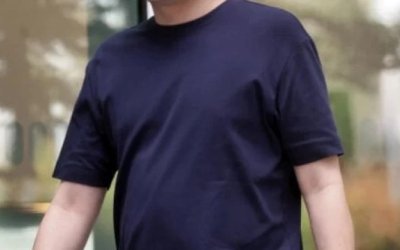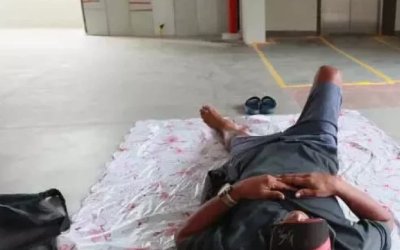2024年7月2日,新加坡內政部政務部長孫雪玲代表內政部長在國會答覆裕廊集選區議員陳有明醫生、阿裕尼集選區議員畢丹星有關跨部門委員會審查新加坡反洗錢立法制度考慮的事項問題。
以下內容為新加坡眼根據國會英文資料翻譯整理:
陳有明醫生(裕廊集選區議員)詢問內政部長:
(a) 為審查新加坡反洗錢制度而設立的跨部門委員會(IMC)在提議收緊任何法規和執法措施以防止罪犯利用時,是否會考慮和研究潛在罪犯如何計算他們自己被抓獲的潛在機率?現有判刑先例的範圍?
(b) 跨部門委員會是否會考慮建議加強偵查、調查和量刑,以維護新加坡作為受尊重的金融中心的地位?
孫雪玲(內政部政務部長,代表內政部長):在跨部門委員會(IMC)的審查中,IMC確實會考慮犯罪分子可能試圖利用我們的系統的日益複雜的方式,並提出建議,以確保我們的反洗錢制度在預防、監測和執法方面仍然有效。跨部門委員會(IMC)將在今年第四季公布其全部調查結果和建議。至於法律規定的處罰是否充分,內政部(MHA)會定期審查,最近一次是在 2023 年。
議長先生:有請陳有明醫生
陳有明醫生(裕廊集選區議員):感謝國務部長的回答,我還有一個關於這個話題的補充問題。跨部門委員會(IMC)在審議時,是否也會研究洗錢與有組織犯罪(包括有組織網絡犯罪)之間的聯繫是否日益密切?
我之所以提出這個問題,是因為有媒體報道說,一名外國人在新加坡因引渡請求而被捕。據媒體報道,這名外國人面臨的指控不僅包括洗錢,還包括運行與網絡犯罪有關的大規模惡意軟體和殭屍網絡。
如果洗錢與有組織犯罪和其他形式的犯罪(包括網絡犯罪)之間出現了聯繫,跨部門委員會(IMC)是否會考慮充分利用新加坡的政策槓桿,包括我們今天對有組織犯罪所採取的政策槓桿?
孫雪玲(內政部政務部長,代表內政部長):感謝這位議員的補充提問。事實上,洗錢和洗錢者使用的方法已經變得越來越複雜。他們採用多層流程來隱藏蹤跡。
顯然,隨著數字化程度的提高,資產類別的不同,區分合法和非法資金流動變得越來越困難。在我之前的回答中,我提到我們正在採取「整體政府」(whole-of-Government)的方式來加強我們的監測和感知能力。這將包括研究網絡犯罪領域。因此,我希望這有助於回答議員的問題。
議長先生:有請畢丹星先生。
畢丹星(阿裕尼集選區議員):謝謝議長。我只想問一下政務部長。最近,特別是在過去兩年里,媒體詞彙中出現了一個詞--「借新加坡洗白」(Singapore-washing)。
我能否確認,跨部門委員會是否也將研究世界各地的個人和媒體機構所聲稱的新加坡可能被用作洗錢渠道的各種情況和方面?
孫雪玲(內政部政務部長,代表內政部長):我感謝這位議員的提問。事實上,跨部門委員會正在開展嚴格的工作,以確保新加坡的公司結構不會被洗錢者濫用。
其次,我們還與金融機構緊密合作,確保他們加強管控,對客戶背景進行盡職調查,以確定其資金來源。
我之前還提到了生態系統中的其他把關人,如房地產中介、律師、寶石和貴金屬交易商以及企業服務提供商。
所有這些行動將有助於我們更好地防範潛在的洗錢者試圖通過新加坡的生態系統洗錢。

以下是英文質詢內容:
Dr Tan Wu Meng asked the Minister for Home Affairs (a) whether the Inter-Ministerial Committee established to review Singapore's anti-money laundering regime will consider and study how potential offenders calculate (i) their own potential probability of being caught, (ii) the range of existing sentencing precedents, when proposing any tightening of regulations and enforcements to prevent exploitation by criminals; and (b) whether the Committee will consider recommending the enhancement of detection, investigation and sentencing to safeguard Singapore's stature as a respected financial centre.
The Minister of State for Home Affairs (Ms Sun Xueling) (for the Minister for Home Affairs): In the Inter-Ministerial Committee (IMC) review, the IMC will indeed consider the increasingly sophisticated ways by which criminals may seek to exploit our systems and make recommendations to ensure that our anti-money laundering regime remains effective in preventing, detecting and enforcing against such. The IMC will share its full findings and recommendations in the fourth quarter of this year. As for the adequacy of the penalties prescribed in the law, the Ministry of Home Affairs (MHA) regularly reviews such, the last time being just recently in 2023.
Mr Speaker: Dr Tan Wu Meng.
Dr Tan Wu Meng (Jurong): I thank the Minister of State for her answer and I have got a further supplementary question on this topic. Will the IMC in its deliberations also look at whether there is an increasing nexus of money laundering with organised crime, including organised cybercrime?
I raise this because there were media reports of a foreign national arrested in Singapore, following an extradition request. It was reported in the media that this foreign national faced charges, not just of money laundering, but also running a large-scale malware and botnet, relating to cybercrime.
And if there is an emerging nexus between money laundering and organised crime and other forms of crime, including cybercrime, will the IMC look at applying the full force of Singapore's policy levers, including the ones we apply to organised crime, today?
Ms Sun Xueling: I thank the Member for his supplementary question. Indeed, money laundering and the methods employed by money launderers have become increasingly sophisticated. They undertake multiple layering processes to hide their tracks.
And obviously, with greater digitalisation, different categories of assets, it is becoming increasingly difficult to differentiate between legitimate and illicit fund flows. Earlier in my response, I had mentioned that we are taking a whole-of-Government approach to strengthen our monitoring and sense-making capabilities. This would include looking into areas of cybercrime. So, I hope that helps address the Member's question.
Mr Speaker: Mr Pritam Singh.
Mr Pritam Singh (Aljunied): Thank you, Mr Speaker. Just a question for the Minister of State. Lately, over the last two years, in particular, there has been a term that is floating in the media lexicon – "Singapore-washing".
Can I confirm whether the IMC will also be looking at the various permutations and aspects of some of the claims made by individuals and media organisations worldwide about how Singapore is potentially used as a conduit for such money laundering?
Ms Sun Xueling: I thank the Member for his question. Indeed, the IMC is undertaking rigorous work to ensure that corporate structures in Singapore are not being abused by money launderers.
Secondly, we are also working closely with our financial institutions to make sure that they enhance their controls, they do their due diligence on their customers' backgrounds to be able to identify the sources of their funds.
I also earlier mentioned other gatekeepers in the system, such as real estate agents, lawyers, precious stones and metals' dealers and corporate service providers.
All these actions would help us better guard against potential money launderers trying to launder their monies through Singapore's ecosystem.
HQ丨編輯
HQ丨編審
新加坡國會丨來源
